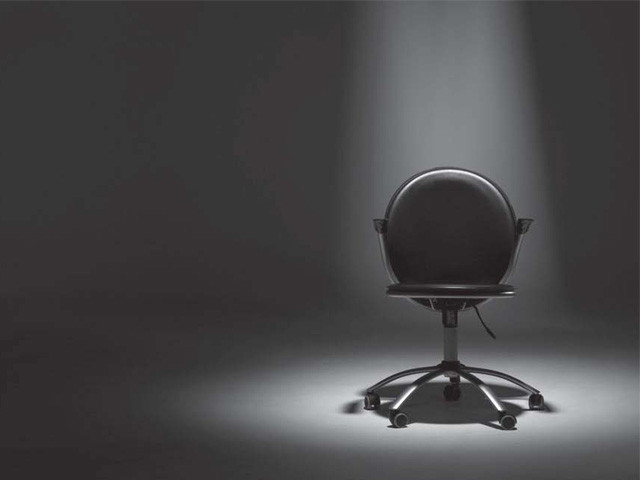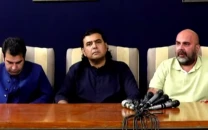Legal hurdles: Plea for revisiting court ruling on appointments
Court forms larger bench to decide whether it can review its 2013 ruling.

Issuing a judgment over the petition, filed by PML-N stalwart Khawaja Muhammad Asif against the transfers/postings of high-ranking officials by the caretaker government in 2013, the top court had directed the government to set up a commission for ensuring that all appointments to public offices are made on merit.
A two-member bench, headed by Chief Justice Nasir Mulk was hearing a suo motu petition over the government’s failure to appoint heads of various state institutions.
Attorney General (AG) Salman Aslam Butt requested the top court to revisit its June 12 verdict, which he said was obstructing the government’s ability to make future appointments.
However, the chief justice rejected his plea and said that law does not allow the court to review its judgment.
Subsequently, the AG requested the court to revisit the judgment at a later stage. The court, however, decided to form a five member larger bench to decide whether or not it can revisit the judgment in the Khawaja Asif case.
Interestingly, the court also observed that Justice Ijaz Ahmad Chaudhry and Justice Gulzar Ahmad will be the part of the larger bench as both justices served as members of the bench, which had delivered the judgment last year.
In its verdict, the court also stated that it is the fundamental right of the citizens of Pakistan under Article 9 of the Constitution that the national wealth / resources must remain fully protected whether they are under the control of the banks or the autonomous and semi-autonomous bodies.
Published in The Express Tribune, July 25th, 2014.



















COMMENTS
Comments are moderated and generally will be posted if they are on-topic and not abusive.
For more information, please see our Comments FAQ